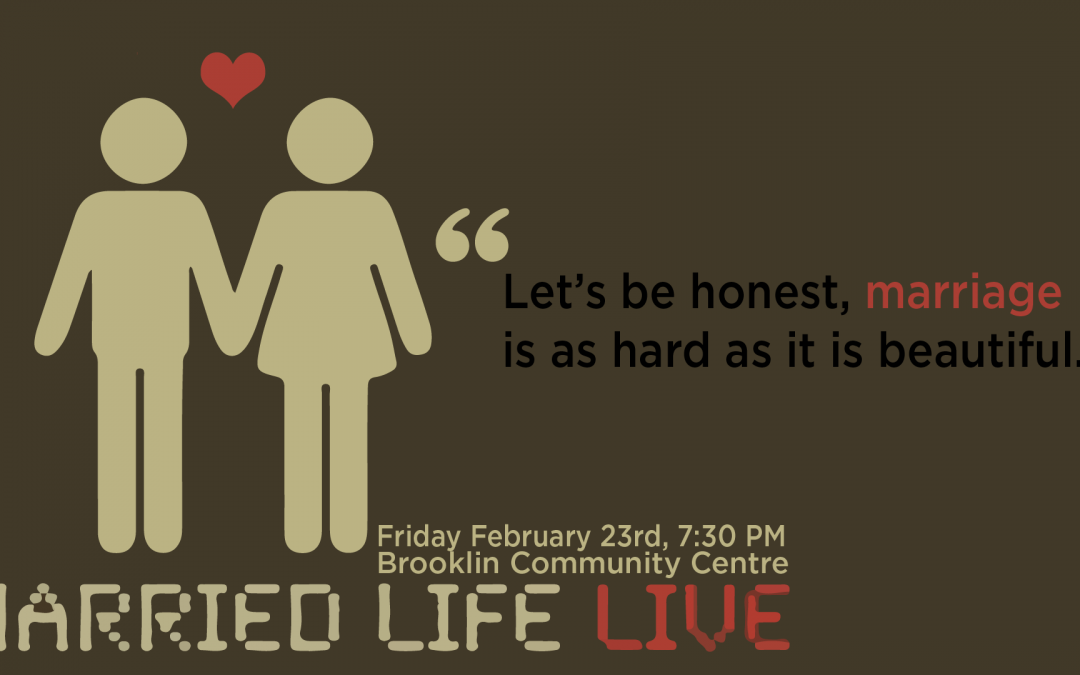8 simple lines : I’m sad for what’s lost & broken
When was the last time you lost something important?
- money
- documents
- socks (meaningless, but frustrating)
- I recently willingly lost (sold) a guitar I really liked (I’m still a little sad)
We loosely use the term grief when this happens…
We don’t however loosely use that term when we lose someone, do we? Relational losses come via death and via conflict – either aren’t easy. How about grieving what we never had or were able to have? (for some it’s a relationship with a parent, for others it’s child, you fill in the ________ )
As we continue our conversation in the Beatitudes, Jesus says something very strange about grief & mourning…you ready for this? BLESSED are those who MOURN! Think about that for a min.
– – – – – – – –
The Beatitudes are found at the beginning of what we’ve come to know as the Sermon on the Mount. In this section of Matthew (5-7) we hear Jesus’ thoughts on Relationships, Love, Prayer, Anger, Giving, Worry, Trust, Loyalty, The Lord’s Prayer, etc. Jesus doesn’t wait too long to get to the point. By doing this, he sets up everything that follows.
Matthew tells us that he sat down to teach. Very common for Rabbi’s to sit. It motioned that something important was about to be said. “You think I need to raise my voice for something important, instead I will take a seat and say these simply”
His posture actually speaks to what Jesus was about to get at.
The Beatitudes reflect a reverse way of moving forward as well as anything else Jesus said.
“If you wanna be where others can’t get to, you have to do things differently than others are doing.”
Happy are…Blessed are…the poor? The grieving? The hungry? The meek? What could make more sense in some ways would be to say…Blessed are the Rich, the settled, the filled, the powerful, the winners, the strong, the successful. That’s a little more normal.
Remember this crowd is unique. They’re made up of close disciples, followers, and the very intrigued. All of them are either broken and poor because they’ve chosen to already follow Jesus or because they’ve come in that condition looking for something better.
This message to them (and to us) is good news. It’s the gospel in 8 simple lines.
Remember the first line line? Blessed are the poor in Spirit (last week’s recap).
Here’s line #2…
“Blessed are those who mourn,
for they will be comforted.”
What is Jesus talking about…what is he possibly saying? TWO THINGS…
(1) Blessed are those who grieve and mourn for what you’ve lost or what you’ve suffered through!
 For many reasons, good and bad, we want to avoid pain – we tend to run from feeling any kind of discomfort. Wisdom though, would tell us that those who embrace our pain, our struggle, our grief, will be the ones who get through it.
For many reasons, good and bad, we want to avoid pain – we tend to run from feeling any kind of discomfort. Wisdom though, would tell us that those who embrace our pain, our struggle, our grief, will be the ones who get through it.
Churchill once said, “When you’re going through hell…just keep walking.” His point is simple, if you stop walking, you’ll never get through it.
Judaism has a tradition called Shivah. This is the process for grief & morning. Shivah simply means 7…but more importantly reflects the 7 days one should take to experience grief and loss. Why 7? Because it forces you to sit in and embrace your pain. Why else 7? Because there’s an end to it as well.
“When we learn to move through suffering, rather than avoid it, we greet it differently, we become willing to let it teach us.” (Henri Nouwen)
“We fool ourselves when we insist on easy victories – we want growth without crisis, healing without pain, resurrection without the cross.” (Henri Nouwen)
Paul, referring to a conversation he’s having with Jesus in prayer says this about suffering…
“Three times I pleaded with the Lord to take it away from me. But he said to me, “My grace is sufficient for you, for my power is made perfect in weakness.” Therefore I will boast all the more gladly about my weaknesses, so that Christ’s power may rest on me.” (2 Cor 12:8-10)
James (ch 1) says, “…Let perseverance finish its work so that you may be mature and complete, not lacking anything.” And then… “Blessed is the one who perseveres under trial because, having stood the test, that person will receive the crown of life that the Lord has promised to those who love him.”
So, you can take Jesus’ words in this Beatitude to help us when we’re going through loss or difficulty. And the crowd that day could’ve easily heard it this way.
As important as this is, I do believe there’s something else Jesus is (also) saying here. It’s this…
(2) Blessed are those who grieve and mourn over sin…and brokenness
We’re talking about the sin & brokenness in the world, and the sin and brokenness in us.
If grief and mourning is associated with loss…think about how much we lose when we’re ignorant of the sin in our lives and the sin in this world.
Jesus said, I came for those who need a doctor, those who need help, not those who think they’re good on their own. (Matthew 9:13) Henri Houwen, reflecting on Jesus’ words, addresses this so well, “…only those who can face their wounded condition can be available for healing and enter a new way of life”.
The word for mourning in this text is the strongest in the greek language…and does in fact refer to mourning for the dead. This makes sense if Jesus wants us to grieve sin, as we’re told many times in scripture, that sin leads to death.
So what’s Jesus getting at?
Deal with your sin.
Feel deeply sad about the brokenness around you.
Grieve injustice, evil, wrong doing, etc.
Acknowledge the dark stuff in the world, and the dark stuff in me.
We started our conversation today thinking about the things we’ve lost – both the insignificant and the significant. Think about what we lose with sin?
I love this quote… “The bible presents sin by way of major concepts principally lawlessness and faithlessness, expressed in an array of images: sin is missing of a target, a wandering from a path, a straying from the fold. Sin is a hard heart and a stiff neck. Sin is blindness and deafness. It is both the overstepping of a line and the failure to reach it – both transgression and shortcoming. Sin is a beast crouching at the door. In sin, people attack or evade or neglect their divine calling. These and other images suggest deviance: even when it is familiar, sin is never normal.” (Cornelius Plantinga)
Wow. Even though sin and brokenness is familiar, it should never be normal to us.
Dallas Willard says, “The Spirit comforts those who are honest about their own sin, and those humble enough to ask for forgiveness and healing.”
So who are blessed? Those who are honest about their brokenness. Who are comforted? Those who are sincere about what and where they are lacking.
I’ll never forget this line I heard as a teenage (so many years ago)…
What is worse than feeling bad when you sin? Feeling Nothing.
There isn’t any place in the human story you can look to where you won’t find a little grief, and little morning, about a little or a lot of brokenness. The question then is, will we grieve what is broken?
“Suffering is the necessary feeling of evil. If we don’t feel evil we stand antiseptically apart from it, numb. We can’t understand evil by thinking about it. The sin of much of our world is that we stand apart from pain; we buy our way out of the necessary pain of being human. Some forms of suffering are necessary so that we know evil, so that we can name evil and confront it. Otherwise we somehow dance through this world and never really feel what is happening. We must all feel and know the immense pain of humanity. The free space that God leads us into is to be able to feel the full spectrum, from great exaltation and joy, to the pain of mourning and dying and suffering. Then we are no longer isolated, but a true member of the Body of Christ.”
(Richard Rohr)
Every week we’re looking at one simple line from Jesus’ teaching in Matthew 5. This week, take this thought home with you:
Embrace your struggle.
Embrace your pain.
Acknowledge your sin.
Grieve over the brokenness in our world, in our cities, in our neighbourhoods.
This, Jesus says, is what makes you blessed. This, he says, is what leads to true comfort.
Eugene Peterson paraphrases the second simple line (beatitude) so well…
“You’re blessed when you feel you’ve lost what is most dear to you. Only then can you be embraced by the One most dear to you.”





